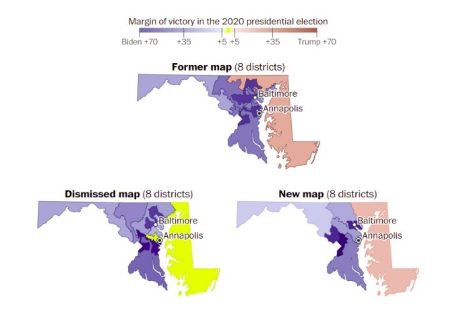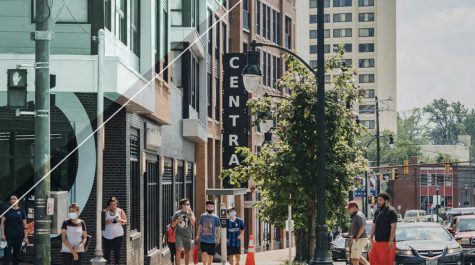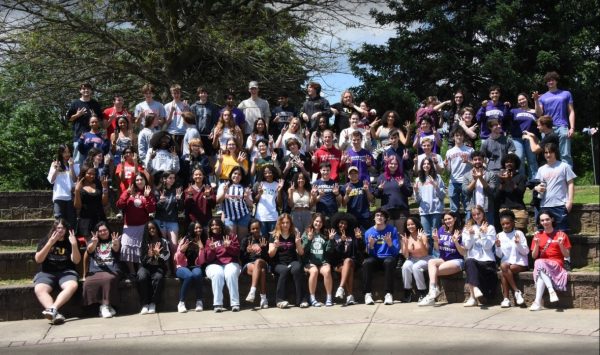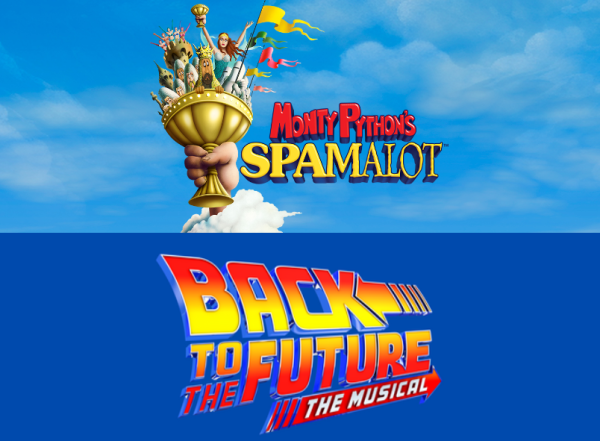There is Nothing Social About Social Media
Social media is the defining revolution of our generation. Every day, millions of tweets are sent, pictures are uploaded, and videos are watched. One could even argue that we are the most connected generation in the history of mankind. It is now easier than ever to exchange information and reconnect with old friends. In short, we have the entire world at our fingertips. What could possibly go wrong? The truth is, there is nothing social about social media. Since its conception, the culture that it has culminated in revolves around instant gratification and attention grabbing content. My generation, millennials, are defined by a mindless, and often toxic environment that we created. While we are not the only ones to participate in this new trend, it is our responsibility to make sure we preserve what truly matters.
I was once a major proponent of social media. I remember on the night before my 13th birthday, I eagerly waited for the clock to pass midnight so that I would be allowed to create a Facebook profile, as my mom said that was the age I had to be to get one. For me, it seemed something of a rite of passage. To be on social media was to be grown up, and with it came certain responsibilities that I was not even aware of at the time. As I grew up, the number of profiles and accounts I had steadily increased, growing my digital footprint. I dropped Facebook for “cooler” new sites such as Twitter and Instagram. When Snapchat became trendy, I just had to get that, too.
As I look back, I ask myself: Why did I need to be on all of these social media outlets? One reason could be to rid myself of the fear of missing out on something “important”. Another could be simply to fit in, as being on social media is the cornerstone of being cool. The reasons go on and on but there is a dark underlying force that lulls people into these sites in droves.
Most people like attention. We want to be validated by others for our actions and we seek gratification without wanting to work for it. Instead, it’s easier to upload a photo of a dessert and let the “likes” roll in. Holding this kind of mentality is highly incentivized on social media, as millions of other users are ready to reward people for their mediocre pictures of sunsets and reposted memes. This requires no effort, and yet we all get to feel important. Instant gratification is so appealing to our generation because we’ve been brought up to believe that everyone is a winner and deserving of a trophy. The self-centered mentality that social media caters to is quickly creating a culture of self-absorption, and millennials may very well be the harbingers of a grossly apathetic society.
Perhaps the most concerning aspect of the social media phenomenon is our loss of face-to-face interaction with one another. Because it is so easy to communicate from wherever one happens to be, there is no longer any reason to do so in person. There is a certain sense of disconnect that many are experiencing from one another that stems from social media. A large group of friends could be sitting together at lunch without truly interacting because they are all on their phones. It sounds bizarre, but it happens all the time. Social media is making us forget how to engage with each other in real life and ironically isolating us when we could otherwise be making friends in the real world.
Realizing this, I deleted all of my social media to see how I would fare without it. To my surprise, I found that I am much happier without social media, and feel more connected to others in my life. Instead of having my face in my phone at all times, I’m learning to enjoy life in the moment.
This is not to say that social media does not have its place. With it, important information can be passed along in a matter of seconds. Old friends can be reconnected, and photos can be shared across the globe. In a way, it makes the world more connected. However, when taken to the extreme that my generation seems to be moving towards, it has adverse effects. I suggest we all put the phones down, turn the computers off, go out, and start interacting with each other.











Caleb DV • May 24, 2017 at 9:59 pm
In all honesty, I feel like “social” media is in fact social. The definition I found for the word social is such: relating to society or its organization. Media is also defined as: the main means of mass communication (broadcasting, publishing, and the Internet), regarded collectively. I think that although social media does not engage us in face to face confrontation, it allows for a different kind of communication. This is mainly sharing experiences through pictures, instead of words. I think that the main reason that people are so grabbed by social media is that we all seek attention from others. Sharing a photo of yourself and getting it “liked” by others makes one feel included, recognized, and also boosts self confidence. Especially for younger people, this is valued a lot more then just simply talking to one another. Another aspect of this is perhaps the fact that one does not have to be exactly how they are in reality. People can create new personalities to cover up things that they might be not so proud of. This explains why receiving negative feedback can be so devastating..
Hanke Chen • May 22, 2017 at 12:52 pm
The reason why social media survived in this capitalistic society is that it contributes to people’s life. That means the advantages are greater than its disadvantages. Note that advantages here include things like “advertisements” that maybe in people’s minds are bad, but push the society forward.
Mary • Apr 28, 2017 at 11:30 am
I feel that this is a horrible optic that would be perfect for a formal debate. I love how you used your own luc experience and how you argued both side and how they relate to your generation.
Mary • Apr 28, 2017 at 11:31 am
Oops. I meant to say a perfect topic. lol sorry ?. Spellcheck